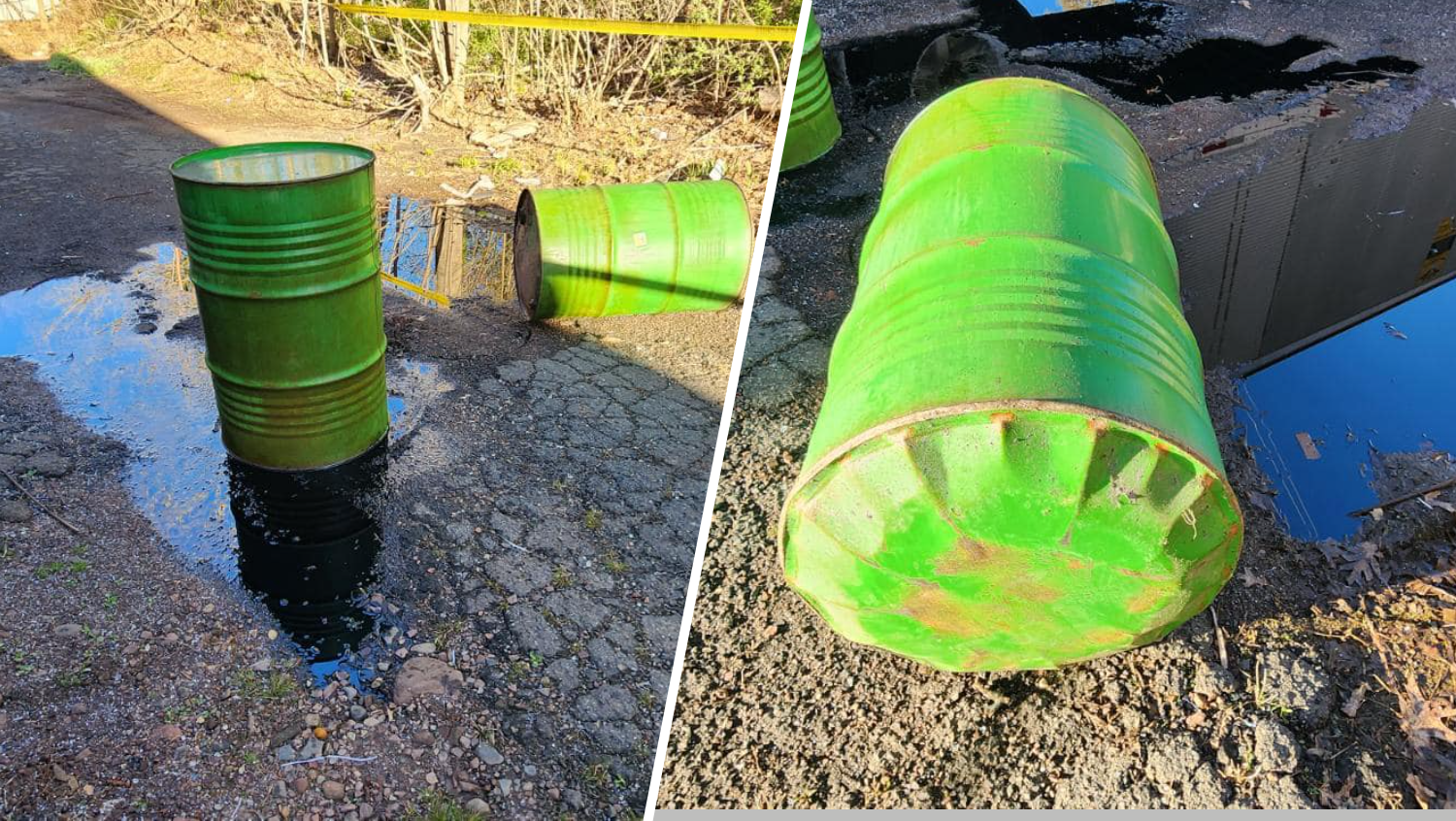A team of surgeons at Yale-New Haven Hospital is ready to mobilize in the event of a mass casualty incident.
"We have 11 fully trained trauma and emergency general surgeons," said Dr. Kimberly Davis, Yale-New Haven Hospital’s chief of general surgery, trauma and surgical critical care.
But when the Yale-New Haven emergency room expects an influx of patients at once, other surgeons are prepared to help. The same is true at Connecticut’s other Level One Trauma Center at Hartford Hospital.
"That includes neurosurgery, orthopedics, plastic surgery," Hartford Hospital Chief of Surgery Dr. Jonathan Gates said. "And even you can imagine surgical oncology and transplant surgery would benefit because they have expertise in dealing with different organs."
The Yale-New Haven Trauma Center would set up two triage areas, one for the walking wounded and the other for critically injured victims, DDavis said.
"A determination would be made who is likely to survive who would best benefit from early aggressive intervention," she said.
When Davis first learned of the deadliest mass shooting in U.S. history, she thought of her friend who runs the Level One trauma center at the University Medical Center in Las Vegas.
Local
"The trauma surgery community is a small tight community," she said. "So I knew all the surgeons who are involved in the Pulse nightclub event, I know all the surgeons that are out in Las Vegas and I can only imagine what they’re going through."
Mass casualty events can take a toll on a hospital’s staff, Davis said.
"I’m sure the providers have their heads down," she said. "And they’re taking care of patients but will have some downstream emotional effects of taking care of so many people in such a short period of time."
Yale-New Haven’s Trauma Center runs disaster drills twice a year.
Hospitals in Bridgeport and Norwalk are Level Two trauma centers along the I-95 corridor.



